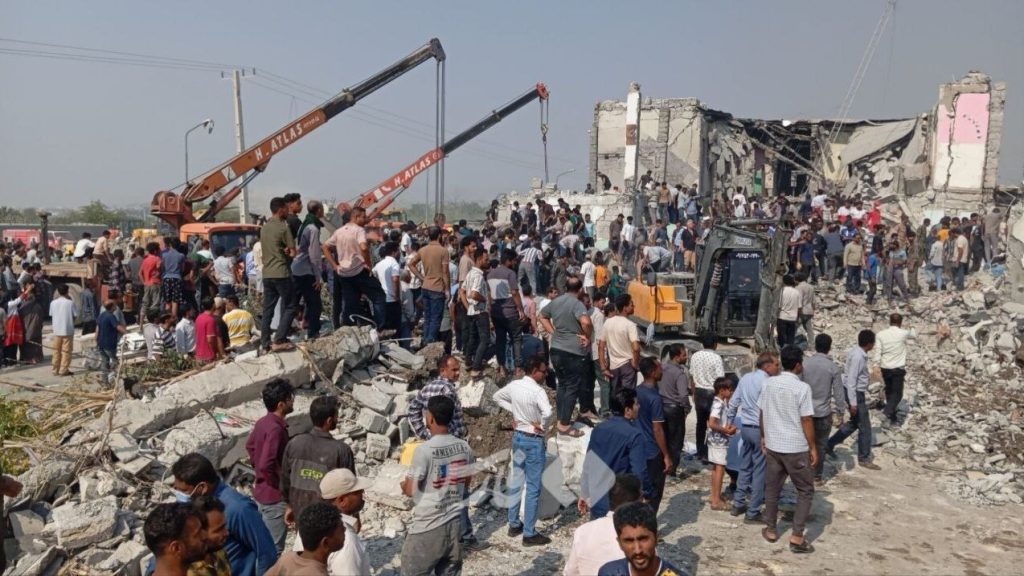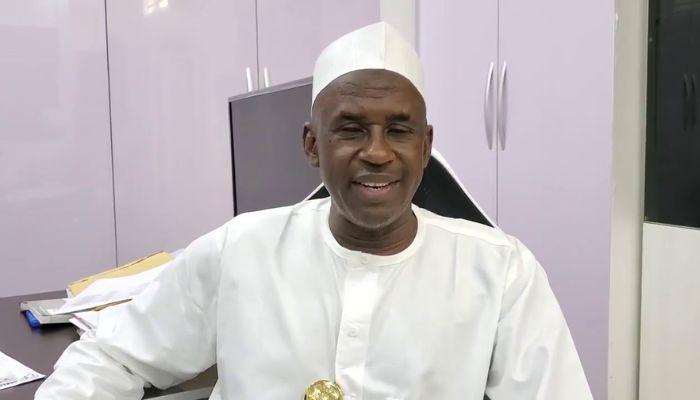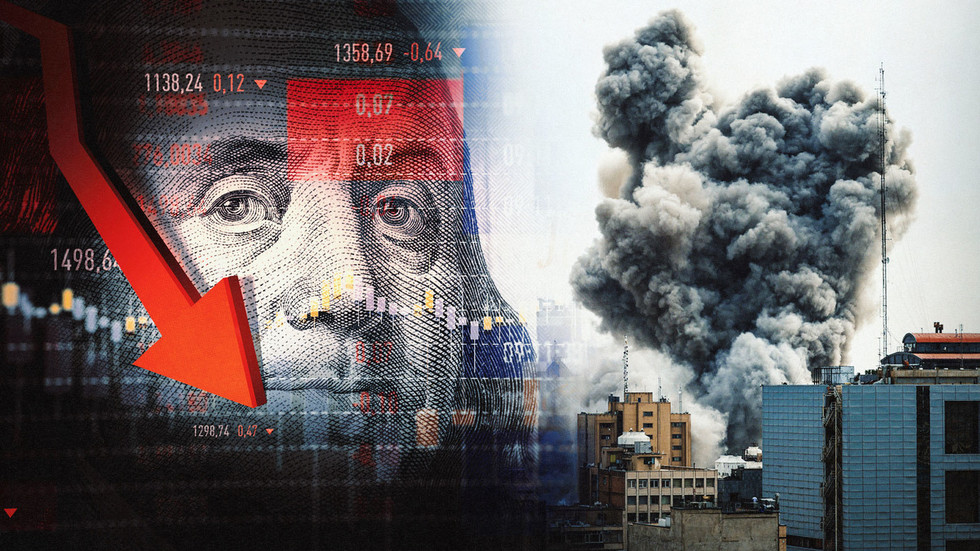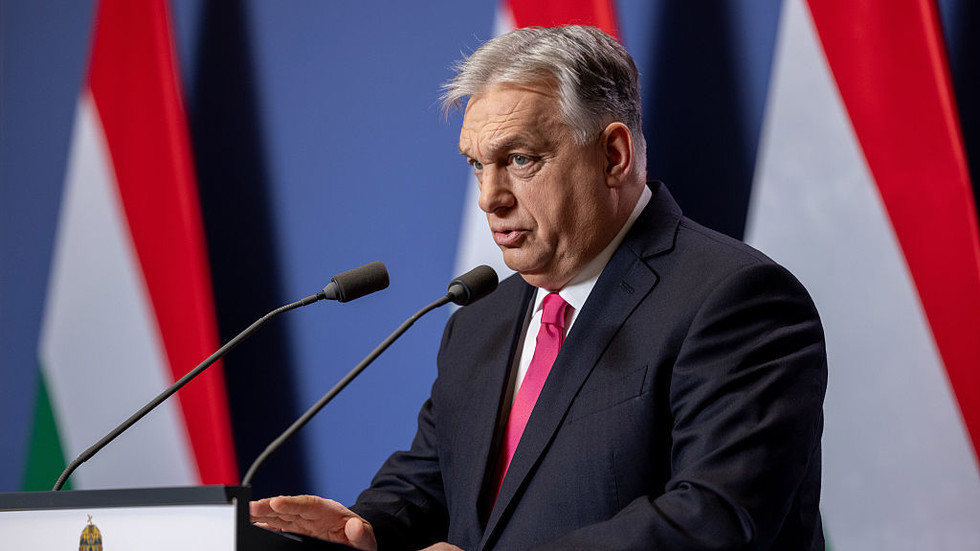Nigeria’s Rising Inflation: Experts Say Fuel Prices Not the Main Concern
A former member of the All Progressives Congress Presidential Campaign Council (APC PCC) has sparked a heated debate by stating that Nigeria’s rising inflation is not due to fuel prices, but the continuous devaluation of the naira against the dollar. Ayobami Oyalowo, a trained economist, believes that the undervaluation of the naira is the main culprit behind the country’s inflation woes.
On Tuesday, Oyalowo made his case on Channels Television’s The Morning Brief program, saying that fuel prices are not the major issue. “I don’t think the price of fuel is a major problem; what is not improving and what is causing most of this problem is the rate at which our naira is priced against the dollar,” he said.
He further explained that Nigeria’s fuel prices are relatively stable, with the current rate being less than 60 cents. “What we are witnessing is not the price of fuel increase, it is the rate of our naira so undervalued or devalued,” he noted. Oyalowo stressed that as long as the government fails to shore up the value of the naira, fuel prices will continue to rise, affecting the prices of goods and services.
The economist predicts that inflation will worsen in the coming months, especially when the September inflation figures are released. Despite a recent marginal improvement in food prices, Oyalowo warned that things could take a negative turn soon. “We would come back next month and things are likely going to get worse because the inflation figure for September will factor in the current price of petroleum and when that is done, we would come back here and discuss it and see that some other things have gone up while the food that we think has been a bit positive may not be that positive come September,” he said.
The debate surrounding Nigeria’s inflation crisis is a pressing issue, with many experts disagreeing on the main cause. While Oyalowo’s views have sparked interest, it remains to be seen whether his theories will hold water. As the country continues to grapple with the issue, only time will tell what lies ahead for Nigeria’s economic future.



